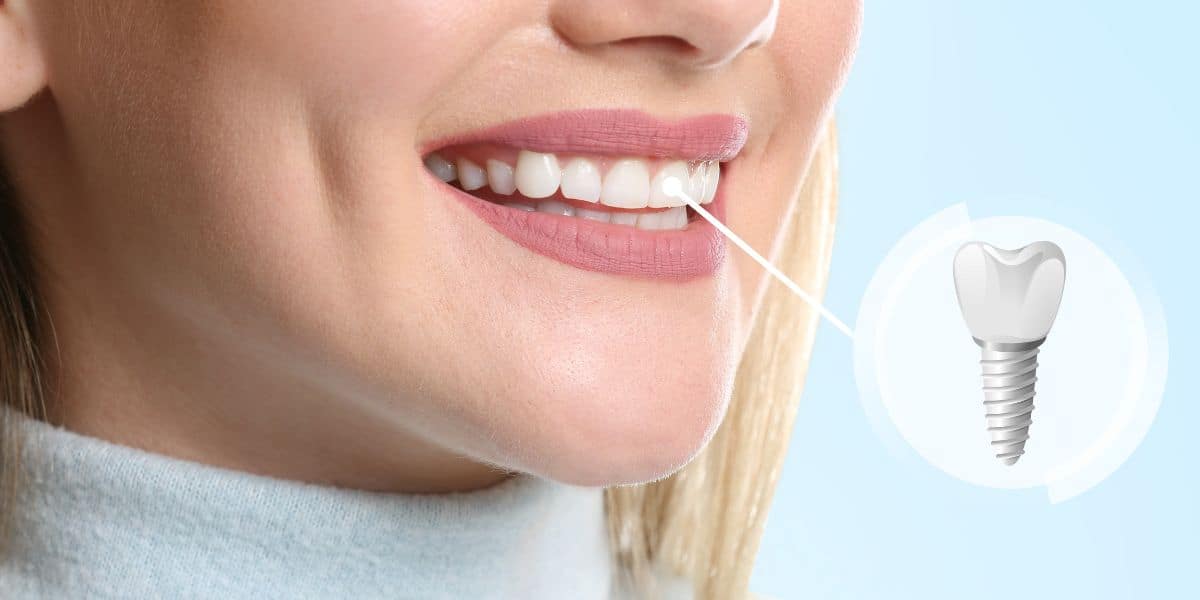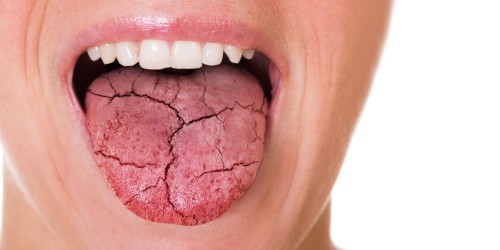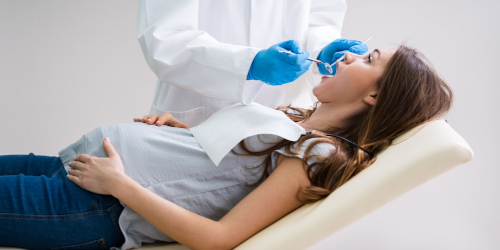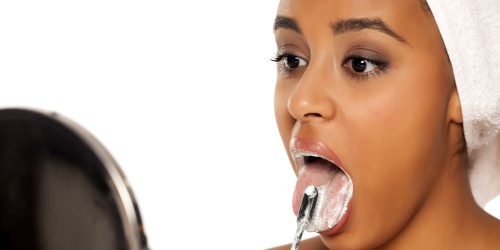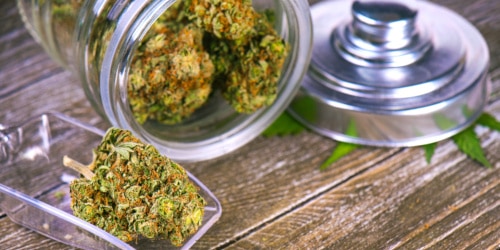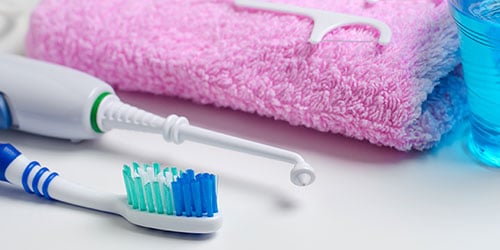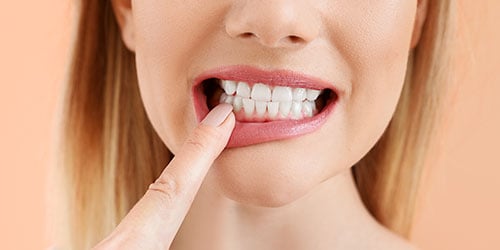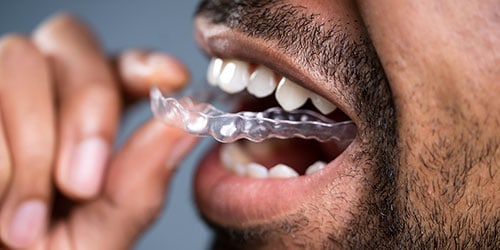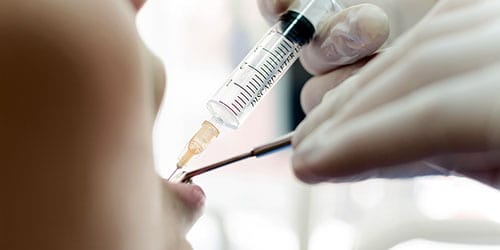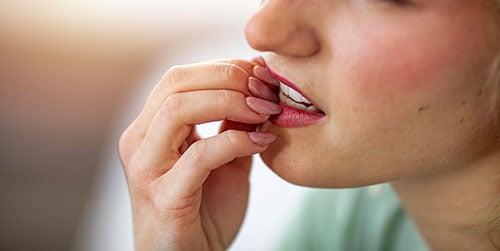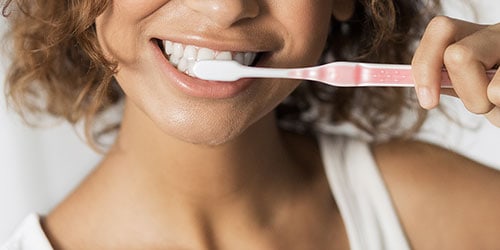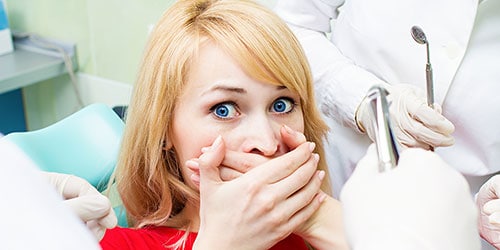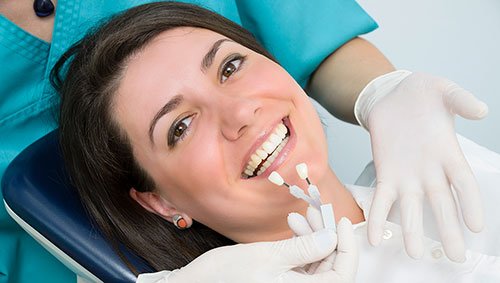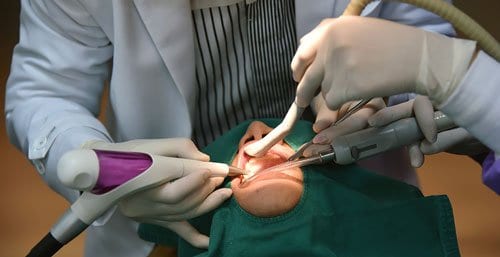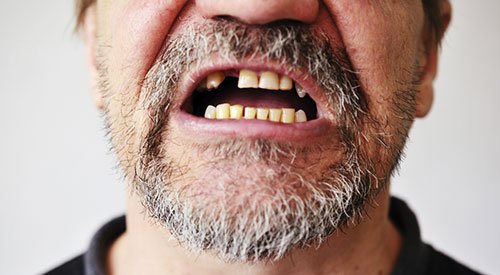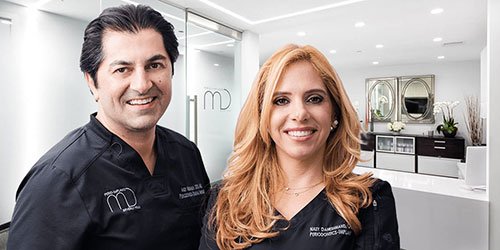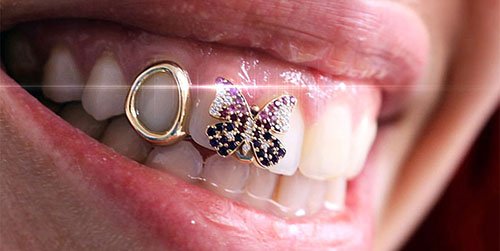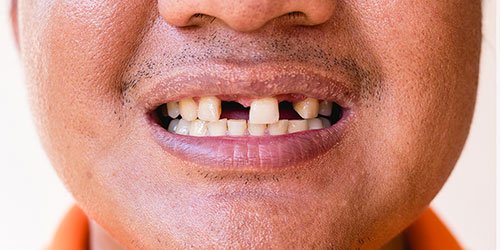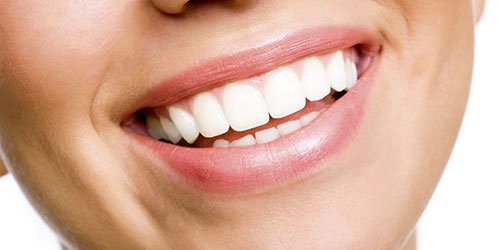What is the most common cause of bad breath?
Bad breath, or halitosis, is an oral health problem characterized by offensive-smelling breath. While eating foods like garlic and onions and drinking coffee cause bad breath, bacteria in the mouth, especially on the tongue, is one of the biggest causes.
Oral bacteria excrete sulfur by-products called “volatile sulfur compounds” (VSCs) as waste. It is the presence of these odor-causing bacteria in the mouth that cause bad breath. Bad breath odor is caused not only by food, but by poor dental hygiene, bad habits, and chronic medical conditions.

Why do I have bacteria in my mouth? Is it normal?
There are 700 different species of bacteria in your mouth. The oral microbiome refers to ALL the bacteria that live in your mouth. It is a separate ecosystem of bacteria from the one in your gut. But they do interact.
Every time you drink a glass of water, you swallow millions of bacteria. Every time you eat food, different bacteria enter your mouth. Some bacteria remain and colonize (multiply) and some leave. Scientists are still investigating all the mechanisms involved in the making of the oral microbiome, healthy or unhealthy.
It’s all about balance. There are healthy bacteria that work to protect your mouth and prevent tooth decay, and there are harmful bacteria that cause cavities, plaque, and gum disease. The balance between the two can shift because of poor diet, poor oral hygiene, and other health issues. If left unchecked, this imbalance can lead to bad breath, cavities, gum disease, and tooth loss.
What are the reasons for bad breath?
Finding the cause of bad breath is the first step toward treating this preventable condition. The possible causes of bath breath include the following:

Foods
Foods like garlic and onions, when absorbed into the bloodstream, have the potential to affect your breath until that food leaves the body.
Poor oral hygiene
The mouth is a natural hothouse that allows bacteria to grow. When you eat, bacteria feed on the food left in your mouth and leave a foul-smelling waste product behind (VSCs). Without regular brushing and flossing food remains in the mouth. This causes an unpleasant odor and taste in the mouth.
Bacteria on the back of the tongue can also interact with the protein in food to produce bad-smelling sulfur compounds (VSCs).
Infections
According to the Mayo Clinic, nose, sinus, and throat problems can lead to postnasal drip which may contribute to bad breath. Bacteria also feed on mucus the body produces when it’s fighting something like a sinus infection.
Dry mouth
Saliva cleanses the mouth by removing odor-causing particles. Dry mouth is a condition caused by decreased production of saliva, allowing bacteria and food particles to accumulate in the mouth. Dry mouth naturally occurs during sleep, leaving you with “morning breath.” The bad odor worsens if the mouth remains open while sleeping.
Chronic dry mouth can be caused by a problem with the salivary glands as well as some diseases. Some medications also contribute to bad breath by causing dry mouth.
Periodontal disease
Gingivitis is a mild, early form of gum disease. It happens when bacteria infect the gums, making them swollen, red, and quick to bleed. A key side effect of periodontal disease is chronic bad breath along with an unpleasant taste in the mouth. This condition can be successfully managed by an oral health professional.
Dentures
Improperly cleaned dentures may accumulate bacterial and fungal growth and residual food particles – all of which cause bad breath.

Tobacco
Use of cigarettes, cigars, smokeless tobacco, and snuff stain the teeth and cause bad breath. Tobacco users are also at higher risk for other oral pathologies like periodontal disease, loss of taste, irritated gums, and oral cancer.
One of the best decisions you can make for your oral and overall health is to quit smoking.
Health conditions
Bad breath is sometimes a symptom of the following chronic health conditions:
- Respiratory infection
- Diabetes
- Gastrointestinal disorders
- Liver disease
- Kidney disease
What is gastroesophageal reflux disease (GERD)? Can it cause bad breath?
Chronic acid reflux, also known as gastroesophageal reflux disease (GERD), is a medical condition. Acid reflux is the backward flow of stomach contents such as undigested food, regurgitated bile, and stomach acid into the esophagus. This can lead to bad breath from stomach contents.
The primary cause of acid reflux is a faulty or relaxed lower esophageal sphincter (LES). When LES works properly it opens when you swallow to let food enter the stomach, then it closes tightly. A faulty LES remains open allowing acids to flow back into the throat.
In a large population-based study, the relationship between GERD-related symptoms and halitosis was confirmed, suggesting that GERD increases the risk of halitosis. Because GERD is a treatable condition, further studies into anti-reflux therapy for halitosis are needed.
When should I see a doctor for chronic bad breath?
In most cases, offensive-smelling mouth odor can be improved with consistent, proper dental hygiene. Brushing the teeth and tongue after eating, using dental floss and mouthwash at least once a day, and drinking plenty of water may resolve the issue. If these techniques don’t improve your breath, schedule a visit with a dentist. If the dentist suspects a more serious medical condition, they will make a referral to a healthcare provider for medical advice.
How can I maintain fresh smelling breath and good dental health?

The American Dental Association and other professional dentistry organizations recommend regular checkups every six months and brushing and flossing teeth at least twice a day. Other recommendations include:
- Brush the tongue, cheeks, and the roof of the mouth. Most bad breath bacteria live on the tongue, so using a tongue scraper or toothbrush can make a big difference.
- Take dentures out at night and clean them completely before putting them back in your mouth. Using deodorizing sprays or tablets may only mask the odor for a short time.
- Quit smoking. This will result in better-smelling breath and a healthier body overall.
- Increase saliva production by eating healthy foods that make you chew. Carrots and apples require a lot of saliva. Chewing sugar-free gum and sucking on sugar-free candies and mints can have the same effect. If there is still not enough saliva to keep the mouth moist, a dentist may suggest artificial saliva. Drinking copious amounts of water keeps the mouth moist and is a good oral hygiene practice.
Regular dental checkups and proper oral hygiene can prevent most problems that cause bad breath.
Why choose MD Periodontics for your periodontal health?
Two of the most trusted and respected periodontists and holistic dentists in Southern California comprise the board-certified husband and wife team of Dr. Abdy Moshrefi, DDS, and Dr. Nazanin Daneshmand, DDS.
At our beautiful Beverly Hills offices, MD Periodontics offers patients the best periodontic treatment that Los Angeles has to offer. Our holistic approach to dentistry ensures that the treatment you receive will utilize the least toxic materials available, the most advanced technology, and amenities including aromatherapy to minimize discomfort and stress during procedures. You’ll experience a supportive atmosphere you would never expect to find at a dental office and results that you will love.
To schedule a consultation, click here or call us at (310) 859-9449. Your smile will thank you!
We are conveniently located to patients throughout the metropolitan Los Angeles area. Our board-certified periodontists and implant dentistry experts are available at locations in or near Beverly Hills, Santa Monica, West Los Angeles, Culver City, West Hollywood, Downtown Los Angeles, Marina del Rey, Pacific Palisades, Malibu, Manhattan Beach, Sherman Oaks, and Encino.
- How to Care for Dental Implants: Advice From the Professionals - June 25, 2024
- The Surprising Link between Diabetes and Gum Disease - May 17, 2024
- The Power of MD Perio’s 3D Dental Scanner Workflow - April 15, 2024
 (310) 859-9449
(310) 859-9449 Why Does My Breath Smell Bad? The Causes of Bad Breath
Why Does My Breath Smell Bad? The Causes of Bad Breath
 or call us at
or call us at 




